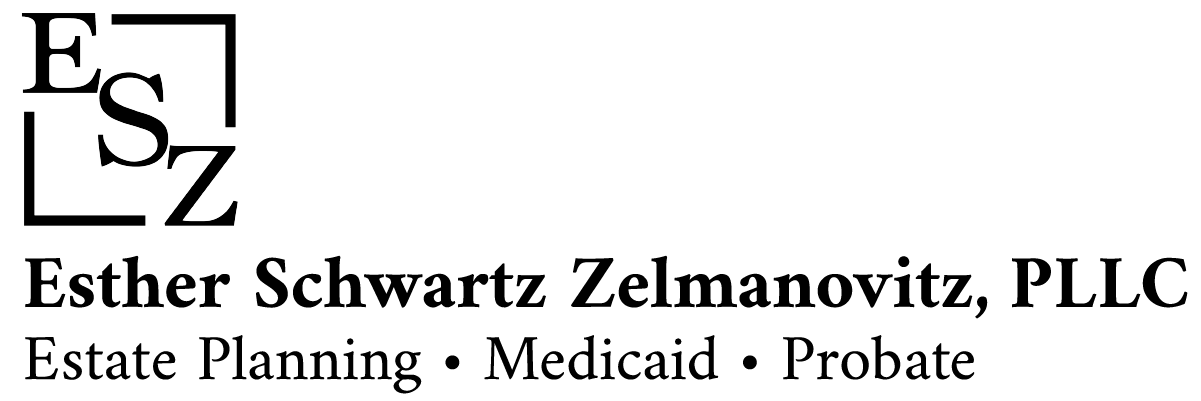A bill recently passed the senate and is now in the Assembly amending New York State Bank Laws relating to joint accounts.
Until now, according to Banking Law Section 675, a deposit made to a joint account in New York State has been considered to be equally owned by the individuals on the account title, and upon the death of the first joint owner, the surviving owner would be the presumed owner of the entire account. While this is obviously common with married couples, it is also common to set up accounts this way between an elderly parent and an adult child. The advantage of this arrangement is the ease of the child to assist with bill payments and managing the elderly parent’s money during lifetime, and then the automatic ownership and access by the child upon the death of the parent. Often, there is an understanding among surviving siblings that one child is simply using the funds for final costs and will split whatever is left over. However, that is not always the case, of course. The presumption of survivor ownership could be rebutted by other children, but the burden of proof would be on the challenger(s).
The exception to this rule notes the exception of “convenience accounts” to the presumption. Banking Law Section 678 determines that if title of the account is held by the depositor, with the name of a second individual “for the convenience of” the depositor, the second individual has no survivorship rights to the account. During lifetime, the money is considered the depositor’s money only (i.e. the parent), with the second individual (i.e. a child) having access to the funds to pay bills, etc., but after lifetime, the second individual would no longer have access to the money, and the funds remaining in the account would be part of the depositor’s estate.
There has been significant litigation after the death of a parent involving the determinative ownership of accounts held jointly between a parent and one child, when the parent has several children. The one child that was the joint owner on an account becomes the full owner of deceased mom or dad’s account while the intention of mom or dad was just to make it easier to administer for the family both during and after lifetime. A concern is that mom or dad didn’t realize that only one child will end up with the full account, or perhaps believed that the child would do the moral thing and “split it.”
The new proposed law, New York State Banking Law Section 675-a, will require new accounts that are established to specifically indicate whether the joint owners have survivorship rights, or whether the account is for convenience only. The new law will reverse the default and if an account doesn’t specify that it is a joint account with rights of survivorship, the jointly owned account will be presumed to be a convenience account, with no survivorship rights.
That means that if a child is on an account with mom or dad, and the account doesn’t specifically state the right of survivorship, the funds will be part of the parent’s estate and not automatically be owned by the child.
This may balance the equities between the children, but potentially become a nuisance or even monetary loss if probate would then be required for the surviving family members to access the account. This may certainly not be the intention of the bank depositor and must be carefully understood before establishing a new joint account.
This new default will only govern accounts opened after it becomes law, but it is important to be aware that title to joint accounts could have significant legal consequences, so it would be wise to review how your existing joint accounts are currently titled and confirm that you intentionally wish it to be set up in the way that it is.
